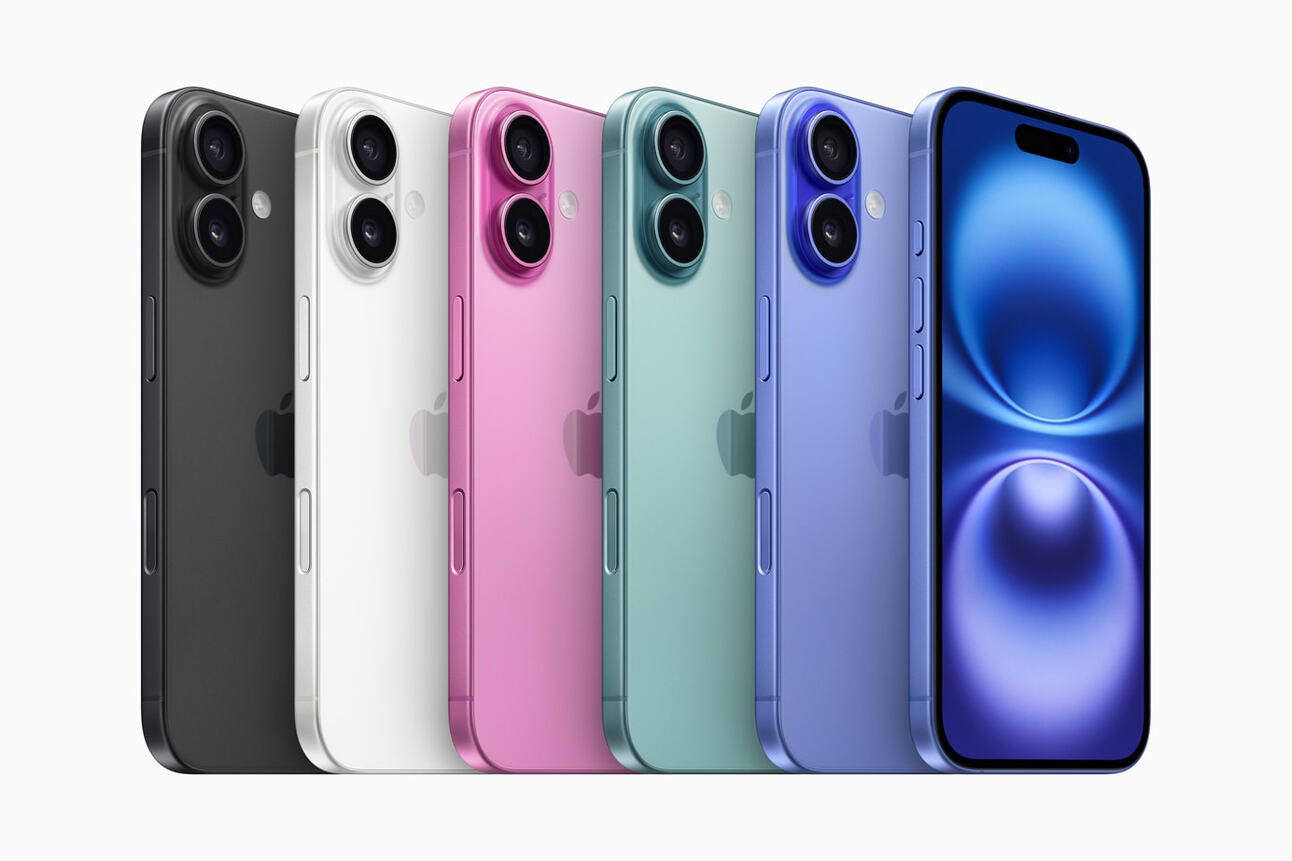
Good morning! It might be Tuesday, but our crispy AI updates will make any day feel like a Fry-day. 🍟
🤯 MYSTERY AI LINK 🤯
(The mystery link can lead to ANYTHING AI-related: tools, memes, articles, videos, and more…)
Today’s Menu
Appetizer: The first AI-powered iPhone is here 📱
Entrée: OpenAI’s “GPT-Next” is a big misunderstanding 👀
Dessert: The world’s first legally binding AI treaty 🤝
🔨 AI TOOLS OF THE DAY
🔎 Reddit Scout: Easily search Reddit comments to find the best products. → Check it out
🎬 Choppity: Find any part of a long video and turn it into a short clip. → Check it out
👨💻 Vercel v0: Create UI with text prompts. → Check it out
THE FIRST AI-POWERED IPHONE IS HERE 📱
We have reached a significant landmark: AI-powered iPhones. The world might never be the same. 🌎
What happened? Apple has officially unveiled the iPhone 16, its first smartphone designed around AI-driven features. This marks a pivotal moment in the company’s history.
What is the new technology? The iPhone 16 lineup includes four models, ranging from $799-1,200. These phones feature the new A18 chip, powered by Arm and designed to optimize countless new AI functions. These AI-powered iPhones are set to hit the stores on September 20th.
“The next generation of iPhone has been designed for Apple Intelligence from the ground up. It marks the beginning of an exciting new era.”
What else? In addition to the iPhone 16, Apple debuted the new Apple Watch Series 10 and AirPods, both featuring significant health-focused improvements. The Apple Watch now includes features to monitor long-term conditions such as sleep apnea and detect emergencies like falls, enhancing its role in personal health management. Meanwhile, the updated AirPods include hearing-aid capabilities, currently under regulatory review.
OPENAI’S “GPT-NEXT” IS A BIG MISUNDERSTANDING 👀
I once brought nachos to salsa class … Huge misunderstanding. 💃
What’s up? Tadao Nagasaki, CEO of OpenAI Japan seemed to reveal that OpenAI is working on a model called “GPT-Next,” which will be “100 times more powerful than GPT-4.” Despite hype flooding the internet about this project, this is apparently a big misunderstanding.
What did he say? At Japan’s KDDI Summit, Nagasaki stated, “The AI model called ‘GPT Next’ that will be released in the future will evolve nearly 100 times based on past performance. Unlike traditional software, AI technology grows exponentially.” Nagasaki then talked about how the performance leap from GPT-4 to GPT-Next will be done via a more efficient architecture rather than increased computational demands. He also emphasized how GPT-Next will bring the most advanced models to countries around the world. The slide (above) also hinted at this release by the end of 2024.
A big misunderstanding? An OpenAI spokesperson has confirmed that the term “GPT Next” written in quotations on the slide, was simply a figurative placeholder to indicate how OpenAI’s models could evolve exponentially over time. Nagasaki’s references, which seemed in many ways to imply a specific model, may have actually been about OpenAI’s Strawberry project.
Why is this important? ChatGPT has surpassed 200 million active users as of August 2024, making it the fastest-growing software in history. All this growth has been done with merely incremental progress since ChatGPT’s initial launch in November of 2022. Since then, users have been awaiting another big leap in technological abilities. So any remote hinting at a new model gets people very, very excited.
THE WORLD’S FIRST LEGALLY BINDING AI TREATY 🤝
Is the world finally coming together over AI? 🙏
What’s new? Multiple countries, including the US, have signed the world’s first legally binding international treaty on AI.
What is the treaty? The legally binding agreement, known as the “Framework Convention on Artificial Intelligence,” was developed by the Council of Europe (a human rights organization) and has been signed by the UK, EU, US, and Israel. The treaty aims to address AI-related threats to human rights, democracy, and the rule of law by establishing safeguards. The treaty mandates protections like preventing AI-driven misinformation and ensuring that systems are free from bias, particularly in sensitive areas such as job applications.



